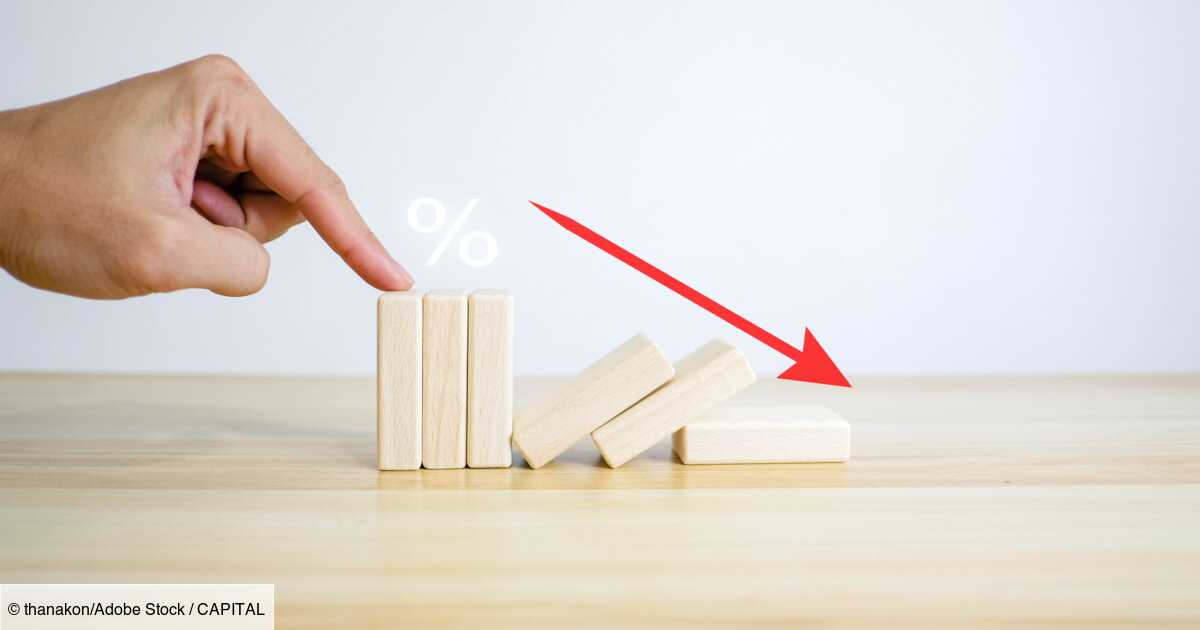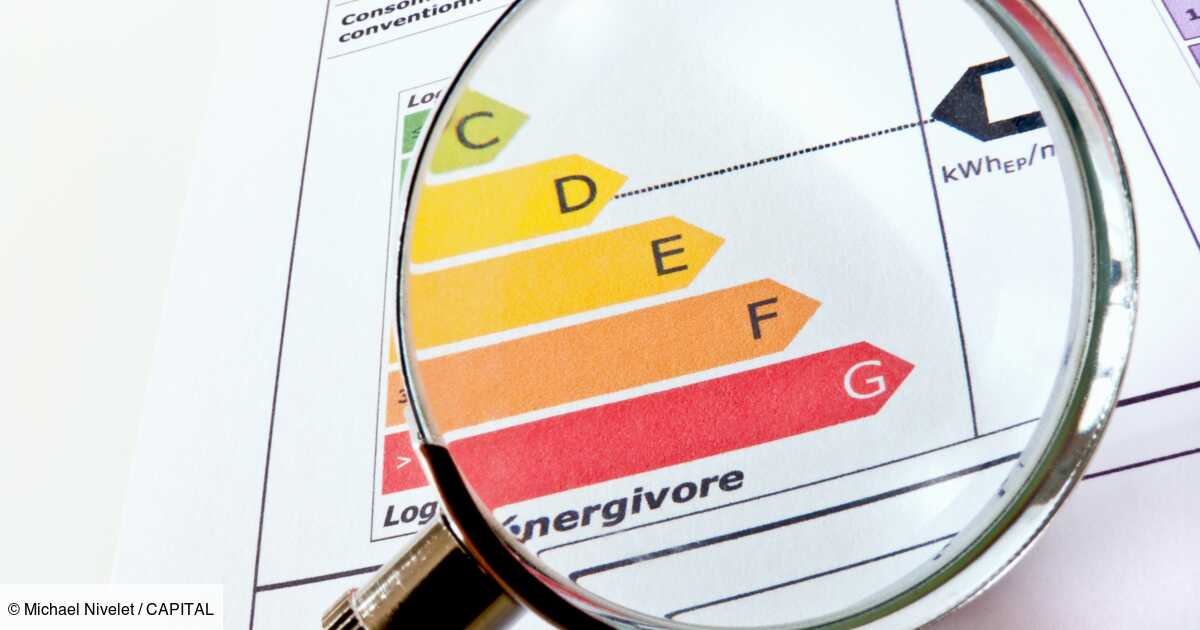
Reading time:
2 min
The government is asking the Energy Regulatory Commission to postpone the increase in electricity prices, scheduled for August 2024, to February 1, 2025. A little arithmetic game that would ensure “price stability for consumers”, but also mitigate the announced drop in regulated tariffs.
© Illustration Capital/Freepik
This is a way of muddying the waters. On August 31, Roland Lescure, Minister for Industry and Energy, published a decision in the Official Journal to force the Energy Regulatory Commission (CRE) to postpone by six months the increase in electricity prices that it had planned for August 1, 2024. The government had two months, from the CRE’s deliberation of July 8, to contest this deliberation, in accordance with Article L 341-3 of the Energy Code. More specifically, Roland Lescure is suspending the increase in tariffs for the use of public electricity networks (Turpe), a contribution that all electricity consumers – households and businesses – pay to maintain and develop French power lines. The CRE is thus obliged to review its copy.
So the 4.80% inflation of the Turpe was not applied on August 1 to the 22 million households subscribed to regulated electricity sales tariffs (TRV), and by extension, to households holding a contract with a competing supplier. “These have already seen a significant and continuous increase since 2022 in the unprecedented context of rising energy prices”recalls Roland Lescure in his decision. As a reminder, the Turpe constitutes approximately one third of household electricity bills, the other two being supplemented by the price of electrons and taxes. Its increase would thus have increased household bills by approximately 1%.
A temporary freeze on electricity prices
The executive sees this temporary freeze as a means of ensuring a “price stability for consumers”. It intends to integrate the future increase in the TURPE on February 1, the traditional date for setting electricity prices for the coming year by the CRE. However, the government is predicting a sharp drop in TRVs at this deadline due to the sharp fall in wholesale prices observed over the last two years. “It therefore appears more logical to change network tariffs simultaneously on February 1, 2025, which would lead to no new changes before February 1, 2025,” estimates the resigning minister. Bruno Le Maire, the resigning Minister of the Economy, had promised in June that the TRVs would drop by 10 to 15% in 2025. A deliberately wide range, which took into account a possible increase in the Turpe, explained Bercy in July. With the revaluation of the Turpe, the drop in your electricity bill should therefore reduce by 1%.
While it will be painless this time, the increase in the Turpe remains a crucial issue for the future of the country. The two network managers – RTE and Enedis – have stressed that titanic investments, estimated at 200 billion euros by 2040, will have to be made to ensure the maintenance, but also the development of the electricity system. Because renewable energies – wind and solar – must then be connected to the network to provide their production. It remains to be seen who will finance this mountain of money, but it is a safe bet that households will be called upon to contribute.
Receive our latest news
Every week, the key articles to accompany your personal finance.








